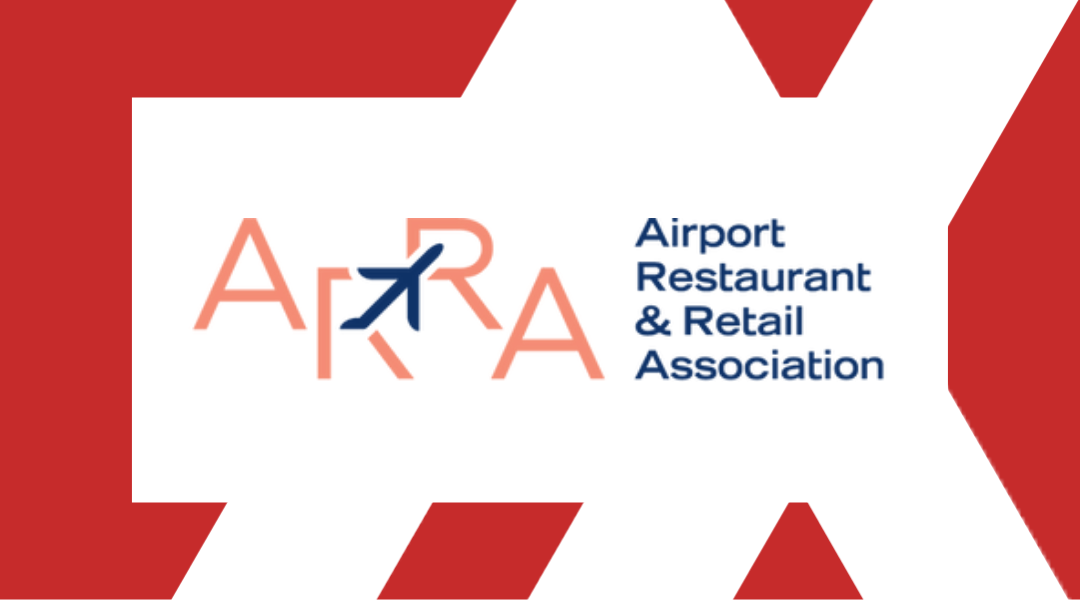Airports are going to have to start looking at creative ways to both entice new employees into the terminal as well as retain the workforces they already have if they want to meet the ever-growing leisure traffic.
This was the consensus of Justin Erbacci, CEO of Los Angeles World Airports (LAWA), and Steve Sisneros, managing director of airport affairs for Southwest Airlines, on the weekly industry call hosted by the Airport Restaurant & Retail Association (ARRA).
Many airports are currently feeling the squeeze of a rapid growth in demand for air travel since the COVID-19 vaccine became widely available, and that demand doesn’t seem to be going away any time soon. That said, a lot of the labor issues airports, concessionaires and other stakeholders are seeing right now are just more dramatic iterations of issues they were having pre-pandemic with finding and keeping employees.
Sisneros said he was already looking at (and asking his team to consider) a complete overhaul of the way Southwest does business with airports in the first quarter of 2020, before the effects of COVID-19 hit the U.S. in full force.
“I was actually wondering whether or not the system would break. …It didn’t for a number of reasons,” Sisneros said. The first was “the actions of the Federal Reserve and the second was the federal government. …In the very polarized political environment we currently live in, we had two different parties and two congresses both in bipartisan fashion support not only airlines but also airports.”
Attracting employees is difficult, but equally difficult is adequately meeting the rapidly changing needs of travelers with the help of the workforce airports currently have.
Erbacci, while acknowledging the trend that had started well before the pandemic shut people away in their homes, also noted that the pandemic has so dramatically changed the world and the industries outside the airport space that customers returning to the airport after a long time away will have new expectations to be met.
“We have to force ourselves to look at how we can do things differently…for two reasons: to help us to get through this pandemic, but also is to identify and try to…fill in any gaps based upon what we’ve seen from the pandemic,” he said. “We’re trying to look at things differently here at LAX to see how we can adapt to look at the way things are working today; concessions and what’s expected from concessions by passengers are different now.”
Erbacci also noted that LAX remains focused on being a competitive employer and new ways to appeal to the labor market. “We have a little bit of an opportunity here to see how we can change the situation but it’s not easily changeable. The whole dynamic of the workforce has changed significantly during the pandemic.”
Sisneros believes that, in addition to the calls for higher wages, employees “want to be valued and respected – quality of life while at work is important.”
He also said, “Now they have their choice of where they go – they can go to Amazon, Home Depot, UPS, what have you – and make a good living wage and benefits. So, we’re trying to find ways – from interview to offer – to narrow that gap.”






